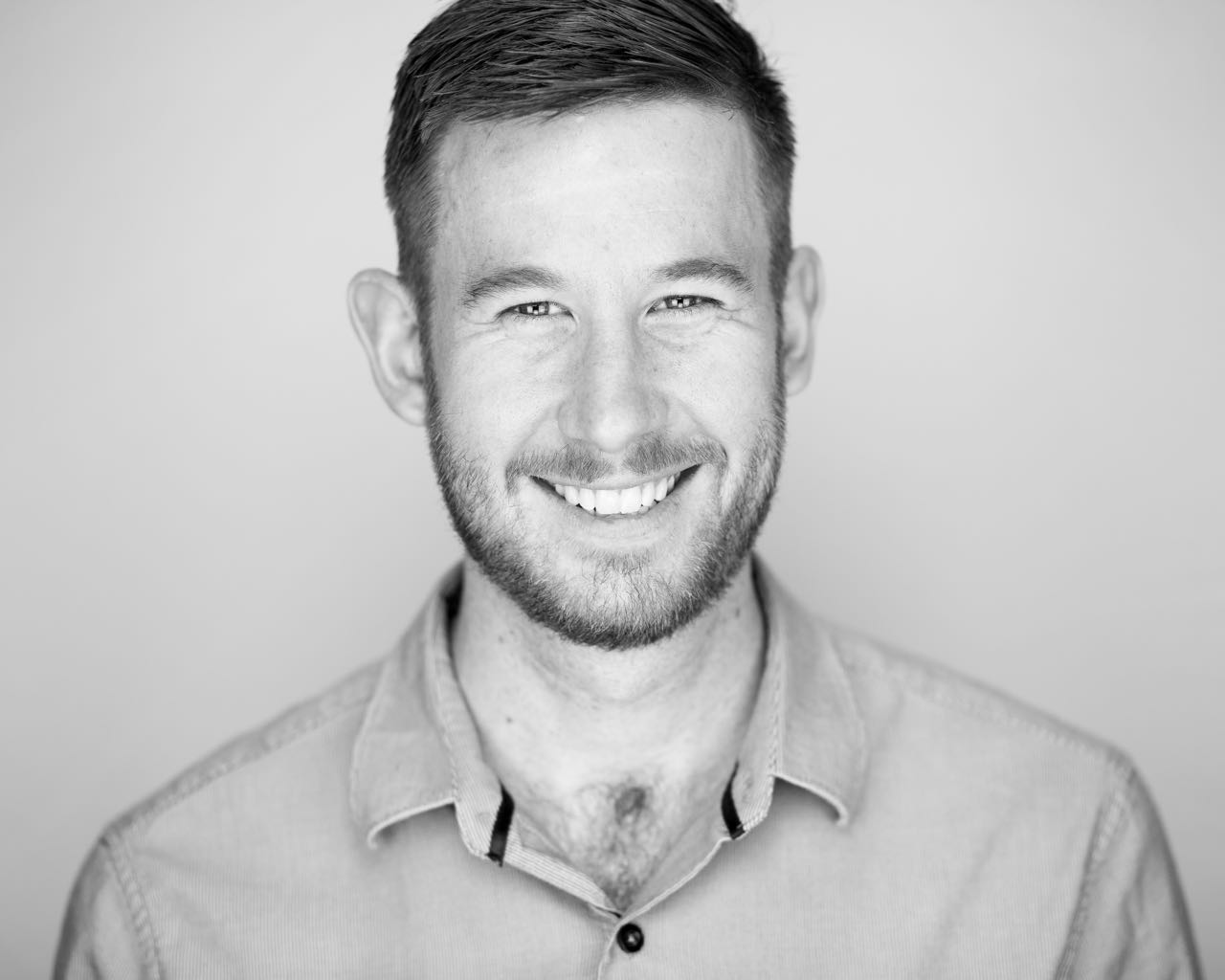Since we came back from the New Year’s break, I’ve been asking all of my practice members this question: “What are your resolutions?” And I’ve been surprised that the most common answer so far has been “Oh, I don’t believe in those.”
I suppose it really shouldn’t be surprising that less and less people are taking part in the tradition – only about 8% of Americans are successful in achieving their resolutions anyway… and I’m assuming the statistics are similar in Canada.
However, What I’m really asking, when I say: “What are your resolutions?”, is: “What are your goals for this year?”
There’s a reason this tradition has persisted for so many years. Goal setting and vision casting is an extremely important step in embarking on any new venture – a new year, a new job, a new project… the list goes on.
To get the most out of it, you have to first establish what it is that you want. And once you know exactly what you want, you can then take action to start moving towards it.
Setting goals can be extremely challenging, so it’s okay to feel intimidated by it at first.
I personally have been frozen when it comes to goal setting in the past… so I get it.
Here are some strategies (the same ones that have helped me) to help you get started and, most importantly, take ACTION on your new 2016 goals.
1. Focus
Break your life into different categories, and start by focusing on just one aspect
rather than becoming overwhelmed by ALL the things you want to do and achieve this year (lose weight, travel, get a promotion, get married, etc, etc…). For simplicity’s sake break your life down into the following categories:
- Health
- Intellect
- Inner State
- Family
- Relationships
- Career
- Finances
- Legacy
From this list, choose just ONE category to focus on (you may wish to set goals in all of these categories later on, but for now let’s start small and just pick one.)
Struggling to decide where to start?
Ask yourself: “What category is going to have the most significant positive impact on my life if I were to reach my goals in that category?”
2. Vision Cast
Ask yourself: “What needs to be different in one year’s time in order for me to be truly happy with my progress?”
Be as specific as possible… try to imagine meeting your future-self, having completed that goal – what does your life look like? How are you different from where you are now?
Write down your description of that new person, beginning every sentence with “I am…”
This exercise is going to start to shift your mindset in the right direction and help you overcome any inertia which is keeping you stagnated where you are right now.
And remember, every little detail you write down adds more clarity and specificity to your goal.
3. Be Real
The next step is to make sure your goals are realistic.
Unfortunately, most people overestimate what they can accomplish in a year, and are left disappointed in the end that they didn’t reach their target.
Your goal should make you uncomfortable, while still being achievable within the space of one year.
You may also want to break this goal down in to weekly or monthly increments if you’re questioning whether or not it’s physically possible – its easier to predict where you’ll be in a month than a year.
If you’re weekly/monthly progress seems attainable, you’ll probably still be on pace to accomplish your goal in one year.
4. Take Action
Now that you have a clear goal in mind, its time to lay out your action steps to move you towards your goal.
The best action steps are the ones that you can include in your daily or weekly routine – it’s sometimes easier to make a small change, repeated frequently, than a drastic change performed occasionally.
Not sure how to reach your goal?
That’s okay, ask for help!
Or join us at our next Think By Design Seminar and we’ll walk you through the entire process and help you create the perfect blueprint to ensure you accomplish your goals!
Click HERE for more information and to register.
5. Be Accountable
One of the most powerful tools for affecting change in your own life is to tell other people your goals and timelines, and then ask them to hold you to your word.
Not only will they ask you about it and help keep you on track, there’s a chance your leadership may even inspire them to join the mix and start taking charge of their own life.
 Dr. David Hawkes is a wellness expert and martial arts enthusiast. Born and raised in Perth, Western Australia, Dr Hawkes’ passion for health and wellness has led him here to Kanata, literally halfway around the world. After graduating from Murdoch University, Dr. Hawkes ran a successful practice in Perth’s western suburbs before moving to Ottawa. Dr. Hawkes has a special interest in family wellness, as well as Peak Performance. He is passionate about helping individuals and families lead their extraordinary lives.
Dr. David Hawkes is a wellness expert and martial arts enthusiast. Born and raised in Perth, Western Australia, Dr Hawkes’ passion for health and wellness has led him here to Kanata, literally halfway around the world. After graduating from Murdoch University, Dr. Hawkes ran a successful practice in Perth’s western suburbs before moving to Ottawa. Dr. Hawkes has a special interest in family wellness, as well as Peak Performance. He is passionate about helping individuals and families lead their extraordinary lives.
